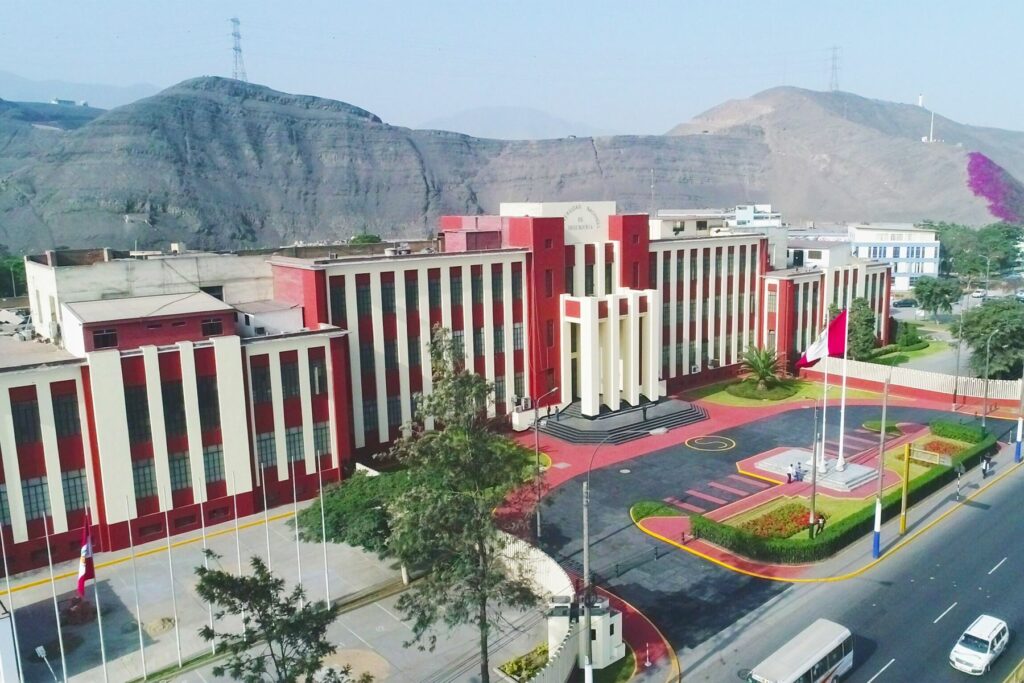A few days ago, the Peruvian President, Pedro Castillo, announced during his annual message that important efforts and investments will be made to promote electric mobility in the country.
From the legal point of view, work is being done to generate incentives in this area, while from the technological point of view, advances are being made to promote these innovations.
As part of its 146 years of history, the National University of Engineering (UNI) celebrated its 146th anniversary by presenting a fast charging station for electric vehicles, which would be ready by the end of this year.
In its mission to develop technologies that contribute to society, the university seeks for scientific research to have a greater impact on the country’s economy, so it is betting on new projects -linked to sustainable innovations- such as electromobility and the production of green hydrogen.
Pre-launch Testing
The UNI authorities revealed that before presenting the station they will carry out different tests with the objective of perfecting the innovation. In this regard, in the coming weeks an electric vehicle will arrive in Peru from Germany to validate the prototype manufactured in the first electromobility laboratory in the country.
The laboratory was financed by Fondecyt (now ProCiencia), and is the first Peruvian electric mobility center for training and research in advanced manufacturing of electric vehicle fast charging stations.
“We are developing fast charging stations. It only takes 20 minutes to recharge the battery of the electric vehicle. Although there are electric charging stations in Peru, they are slow charging stations, where cars can spend up to four hours to recharge their batteries,” said the university’s Vice Rector for Research, Dr. Arturo Talledo, in an interview with the Peruvian News Agency (Agencia Peruana de Noticias).
Despite the achievements obtained, the professor urges the authorities to facilitate the authorization processes in charge of the Ministry of Economy and Finance for the purchase of materials abroad.
“There are several stages to follow, which take a long time, that is why research in public universities is slow and it is partly due to the delay in the purchasing processes.”
It is worth noting that the cargo infrastructure project carried out by UNI won the Special Formative Research Project Competition 2022, gaining access to an important financing fund.




